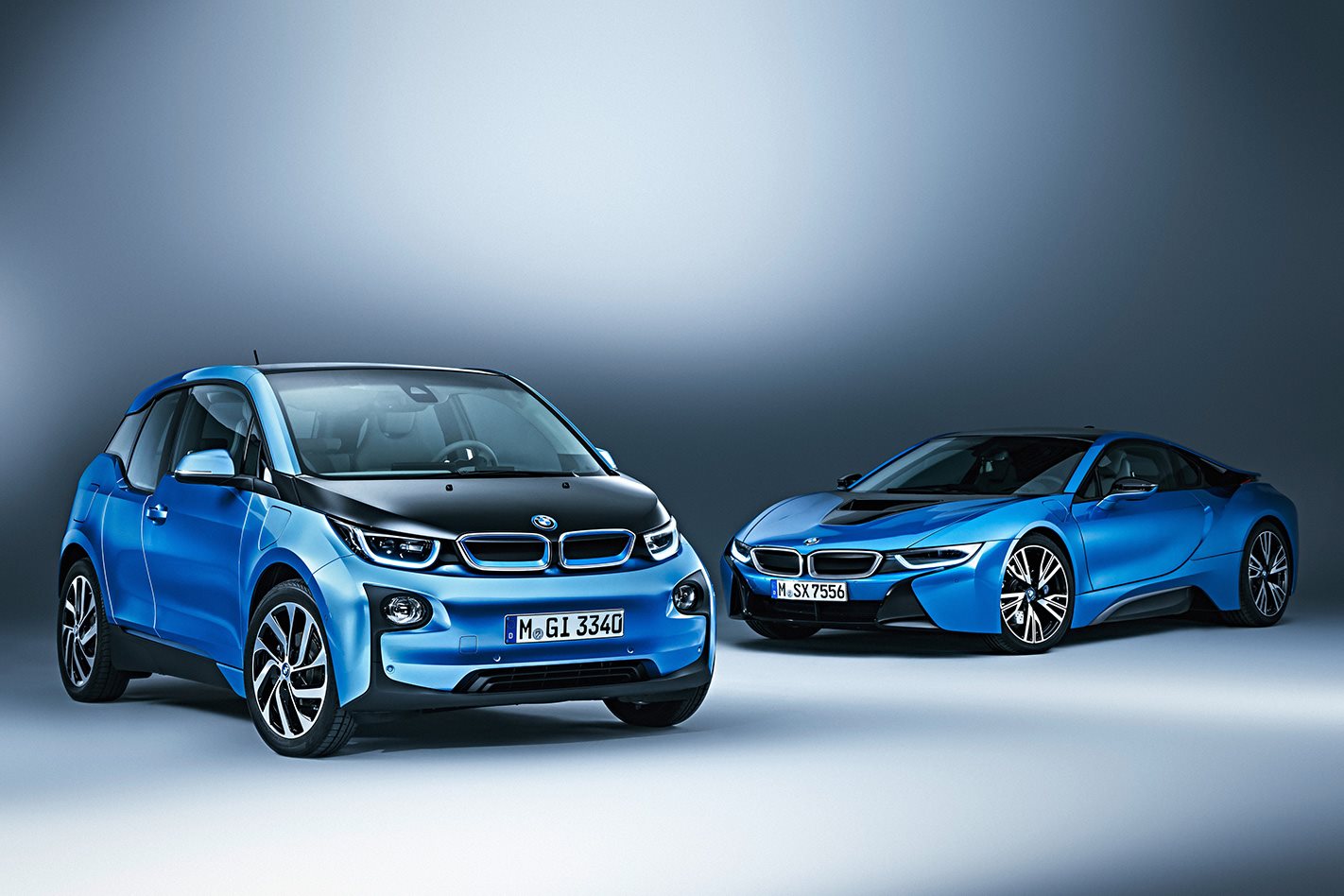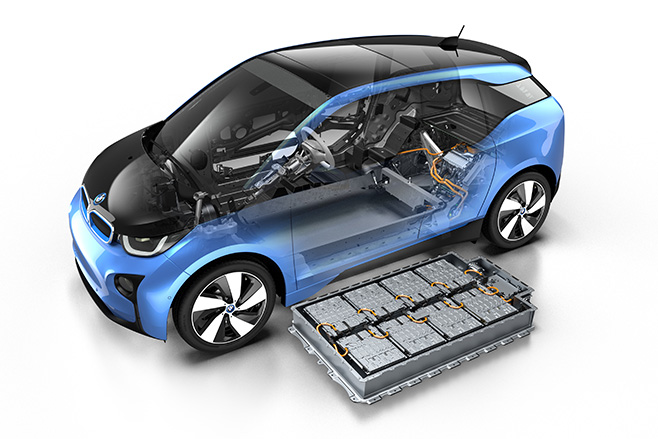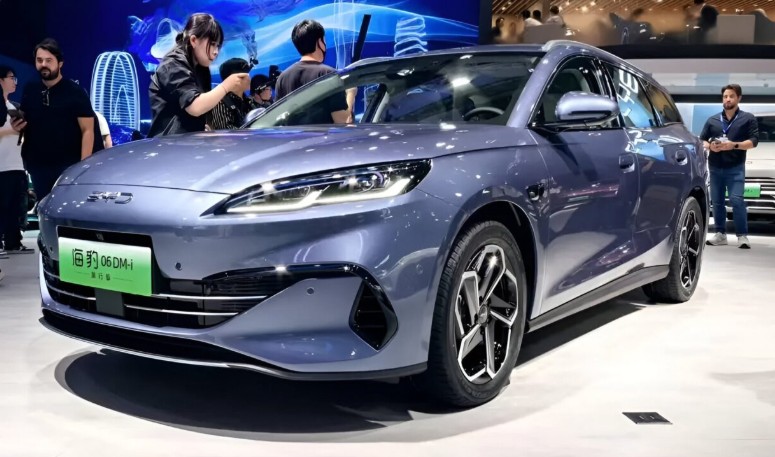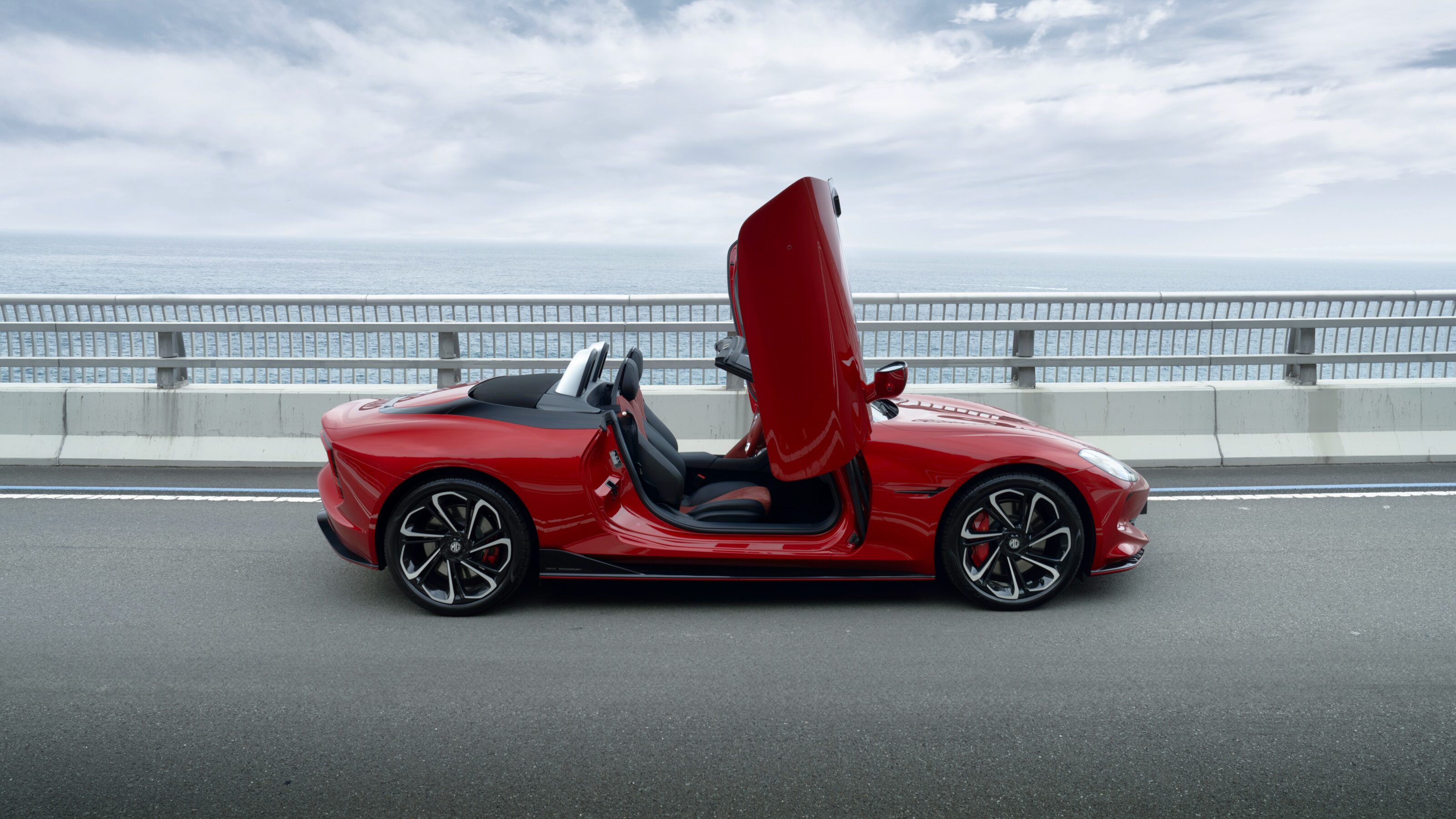
BMW executives are reportedly split on how to proceed with the company’s electric car program. Some believe electric cars will eventually become mainstream and the company should keep pace with rivals such as Tesla, while others believe the company’s loss-making EV program is putting a sizable handicap on the company’s profitability.
The German automaker revealed earlier this year that its i sub-brand would switch its focus from purely zero-emissions vehicles to autonomous vehicles.
Sales of the BMW i3 have so far failed to meet internal expectations, though an updated version was released recently that offered an extended battery driving range to enhance its usability.

BMW also offers the niche BMW i8 hybrid supercar, while an i5 mid-sized crossover is understood to still be in the pipeline.
An electric Mini is also under consideration – eight years after the Mini-E demonstration car first showed the BMW Group’s serious EV intentions.
BMW has invested considerable money in its EV programs, with its i3 and i8 both using carbon fibre extensively in their construction.
The i3’s carbon fibre body would undoubtedly be too costly to transfer to an electric Mini, which would have to feature a lower price tag, making it harder for BMW to achieve economies of scale.
The updated version of the BMW i3 went on sale recently in Australia, priced from $63,900.




